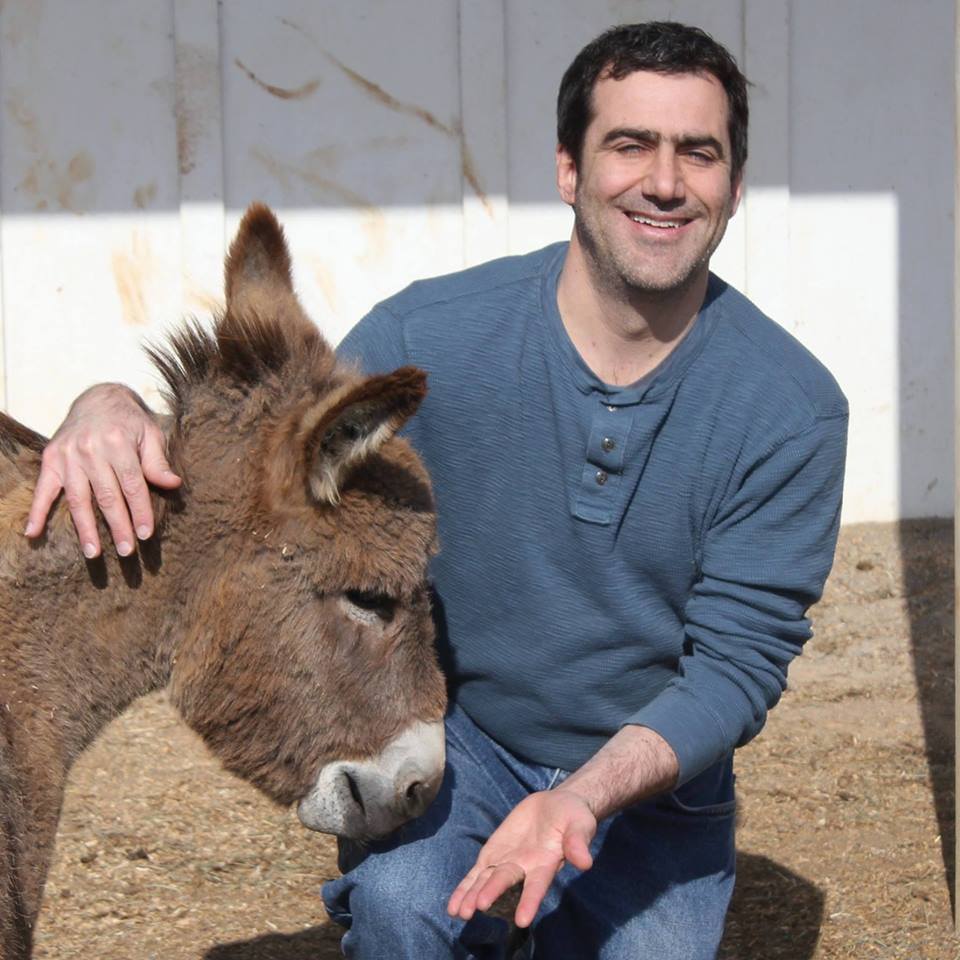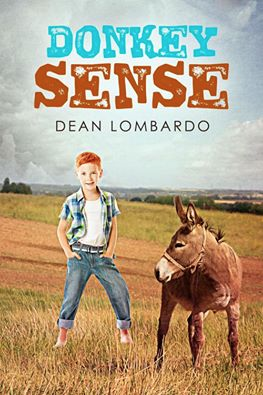The Closser Method, An Article by Author Dean Lombardo
23 Thursday Apr 2015
Written by susanfinlay
I often hear from people who want to write a book but don’t know how or where to begin. Or from people who have already written a book that’s ready for publication but don’t know how to get it published. I recently began a new blog series, Writing and Publishing Tips From Authors Around the World, to help writers.
The seventeenth contributor is U.S. author Dean Lombardo and he’s here to talk about using every available hour to write.
The Closser Method: Using Every Available Hour to Get That Novel Written by Dean Lombardo
In the past I would postpone my fiction writing for days at a time when I didn’t have huge blocks of time available to me. I’d have to wait for Friday night or Saturday morning to work on my novels—and even then it was difficult with Little League baseball games filling in many of those once vacant time slots.
Ideally, what I was looking for then—and still am—are those nice big blocks of extended time in which I as a professional author can slip into the world of fiction or some good ol’ plain ‘focused composition’ without any distraction. (Yeah, right. Aren’t we all? Only a hermit might go so undisturbed.) But life doesn’t work that way, so we authors face this dilemma between living our lives with actual physical human interactions and being away from society except in our minds as we bang out our novels. The construction of these novels is largely a lonely ordeal, but we are contented if we can get into the story or the ‘writing zone’ as I like to call this peak performance state, unrushed and undisturbed for long periods of time, as if in a deep meditation where the words and the story are flowing seamlessly from mind to document file.
However, and a big however, the aforementioned life happens and these big blocks of writing time can get gobbled up either by circumstances or our own laziness or procrastination. What remains are small chunks of free time, but we can’t use these 60- to 90-minute opportunities, we tell ourselves, because we are artists and artists need time to ferment information before they enter the zone.
This is rubbish, fellow author Tina Closser, aka Paige Daniels, who is author of the Non-Compliance cyberpunk series, demonstrated to me. A working mother, Tina plans her fiction writing schedule around these brief chunks and suggested that I also try to use these short timeframes to advance my novels, in smaller, but more frequent pushes.
I tried it and I liked it.
I’m now a firm believer in The Closser Method, as I have coined this likely common practice utilized by busy authors. Because not all professional authors are full-time at it. Most of us hold down under gigs and find that we don’t have the liberty to wake up at 9 a.m. on a Monday, brew a pot of coffee or fetch a Four Bucks coffee and write until lunchtime… and then some more after lunch and dinner and not have to worry about getting up early the next morning. No, we just have these small one-hour chunks, Monday through Thursday, and The Closser Methods teaches us to use them through the following principles:
1) You don’t have to wait to have three-or-more-hour windows of creative writing time. Using The Closser Method, you can use a one-hour chunk on weekday evenings and still get to bed at a decent hour in preparation for your day job the next morning. After dinner, or whenever you have an hour, don’t watch TV, or play with your phone. Write! Move the story forward that much more. Doing this three workdays per week when you’re not on the clock can add up and help you finish your novel more quickly and coherently.
2) Writers write, authors author books, and if you treat book-writing like a profession vs. a hobby it will become a profession. Use your time wisely and efficiently to research, write, and rewrite. Prioritize and decide what you want to do that night in that hour. Don’t worry about submitting to agents or publishers during these blocks of time.
3) Momentum is important and The Closser Method enables Closser disciples to sit down at 7 p.m. after dinner on a work night and write from 7 to 8, whether the author is feeling inspired or not. Because how can you write a cohesive novel when you’re only writing once or twice a week on a Friday or Saturday? Using The Closser Method, you’ll remember more about where you were last going with the story and build on this momentum. No first draft is perfect so don’t worry about not being 100 percent inspired to write. What will come out will be good enough for your first draft and advance the story against the ticking clock of our mortal lives.
4) Excuses are for novelist wannabes. You have an hour. Sit down, ASS2CHAIR, as Michael Crichton once said, and use that hour vs. wasting it. Dreams are wonderful things to have, but stop dreaming and work more productively and efficiently toward that dream.
5) Using The Closser Method, the 120 pages of revisions you previously would have faced on a Friday block of ‘binge’ time will instead become only 60 pages of revisions because you’ve knocked off five or 10 pages each on Sunday night, Monday night and Thursday, for example.
It really works.
Thanks for having me on the blog, Susan. To learn more about me and my written works, please visit:
AMAZON AUTHOR PAGE: http://www.amazon.com/Dean-Lombardo/e/B00DLNBEZS/ref=ntt_athr_dp_pel_1
DEAN LOMBARDO WEBSITE: www.deanlombardo.com
DEAN LOMBARDO BLOG SITE: https://authordeanlombardo.wordpress.com/
Please follow me on Twitter at https://twitter.com/DeanLombardo1
Author Bio:
Dean Lombardo is a professional writer, journalist and novelist, and is the author of the middle-grade comedy novel, “Donkey Sense” (the first in the Animal Guardian series), as well as the sci-fi horror novel, “Vespa.” He enjoys traveling with his family, writing and playing with his kitty, Padme.



7 Comments
April 23, 2015 at 12:14 pm
Oh! This is advice I need to hear right now. Thank you, Dean, and Susan, for giving me that push! Thank you! XXX 😀
April 23, 2015 at 12:15 pm
Thanks, Fran. I think I need the advice, too.
April 23, 2015 at 12:17 pm
Cheers!
April 23, 2015 at 12:22 pm
What a great article. I am retired and I still find it hard to write on a steady schedule. That is my fault. I will make some changes ASAP. Thank you…
April 23, 2015 at 3:07 pm
Excellent practical advice. Hi, Dean!
April 23, 2015 at 9:19 pm
One of the best articles I have read on this subject.
May 25, 2015 at 7:48 pm
Reblogged this on Dean's Den and commented:
Reblogging my guest spot on author Susan Finlay’s blog.